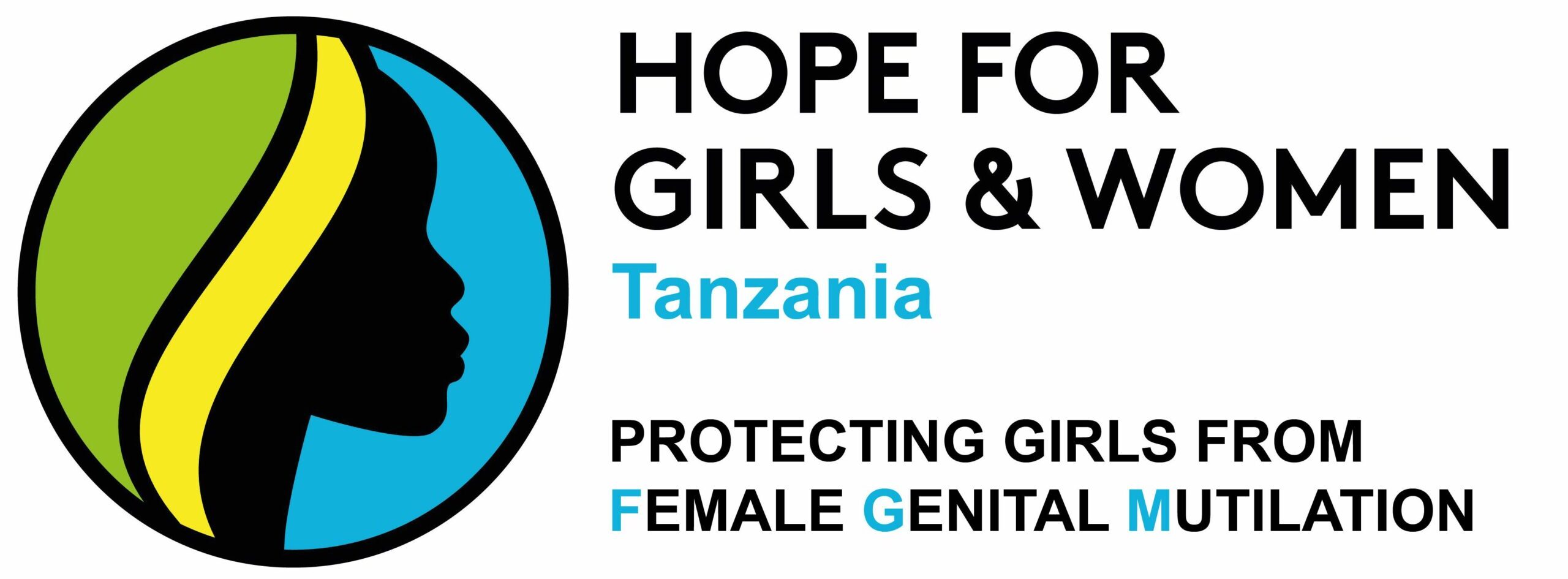What is a rite of passage?
The Cambridge Dictionary describes a rite of passage as:
“…an official ceremony or informal activity that marks and important stage or occasion in a person’s life, especially becoming an adult.”
Rites of passage in Tanzania
For many girls in Tanzania, their rite of passage involves the circumcision procedure of Female Genital Mutilation / Cutting. Traditionally in some communities, when a girl is cut, it marks her transition into adulthood and also means she can marry and obtain a larger dowry for her family.
There will usually be a number of girls who are cut on any given day during cutting season, with a big ceremony and celebration across the community.
The Tanzanian Hope for Girls and Women team has been challenging this traditional process and belief for a number of years, leading to the introduction of Alternative Rites of Passage ceremonies. This Alternative approach still has many of the aspects of the traditional ceremonies, but without the cutting. It celebrates girls as they make their way into womanhood but instead of risking their lives through the unsafe, unregulated and illegal practice of FGM, the Alternative ceremony focuses on the qualities of each individual and encourages their hopes for the future.
Hope has been organising these Alternative Rite of Passage (or ARP ceremonies) for some time, and they have been well received within local communities. COVID-19 put them on hold for some time, to avoid large crowds gathering, but they will resume in a smaller, socially distanced way in September when the next cutting season starts.
ARP ceremonies will be organised both for girls whose parents agree not to cut them and remain at home during the cutting season, and for those who need to seek refuge in the Safe Houses. For this group the ARP will happen when the girls are reconciled with their parents and return home after the cutting season.
